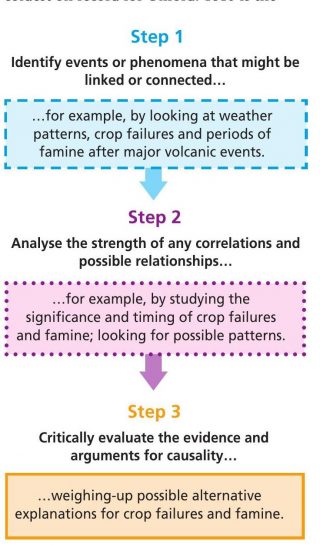
As part of the topic of global governance, all A-level geographers must study ‘the norms, laws and conventions...that aim to regulate the consequences’ of globalisation and global development. Most A-level geography specifications mention norms explicitly (Box 1). But what exactly are they, and why do they matter?
Norms are guides to action which define acceptable behaviour of individuals and societies in particular geographical contexts. They are underpinned by values and sometimes enforced by laws. Our daily lives are governed by norms that have been adopted in the country, local places and institutions we belong to. These are the often unspoken guidelines most of us follow when interacting with one another, including such basic things as how we dress and eat.
Your organisation does not have access to this article.
Sign up today to give your students the edge they need to achieve their best grades with subject expertise
Subscribe




